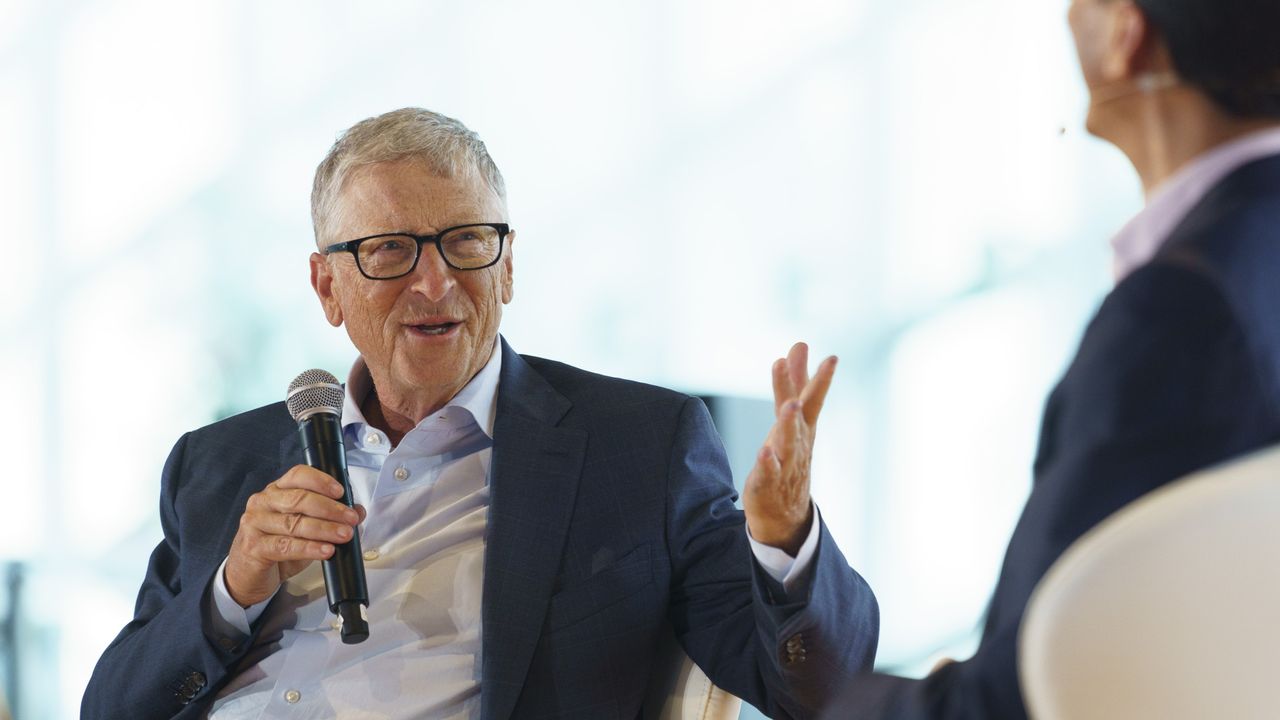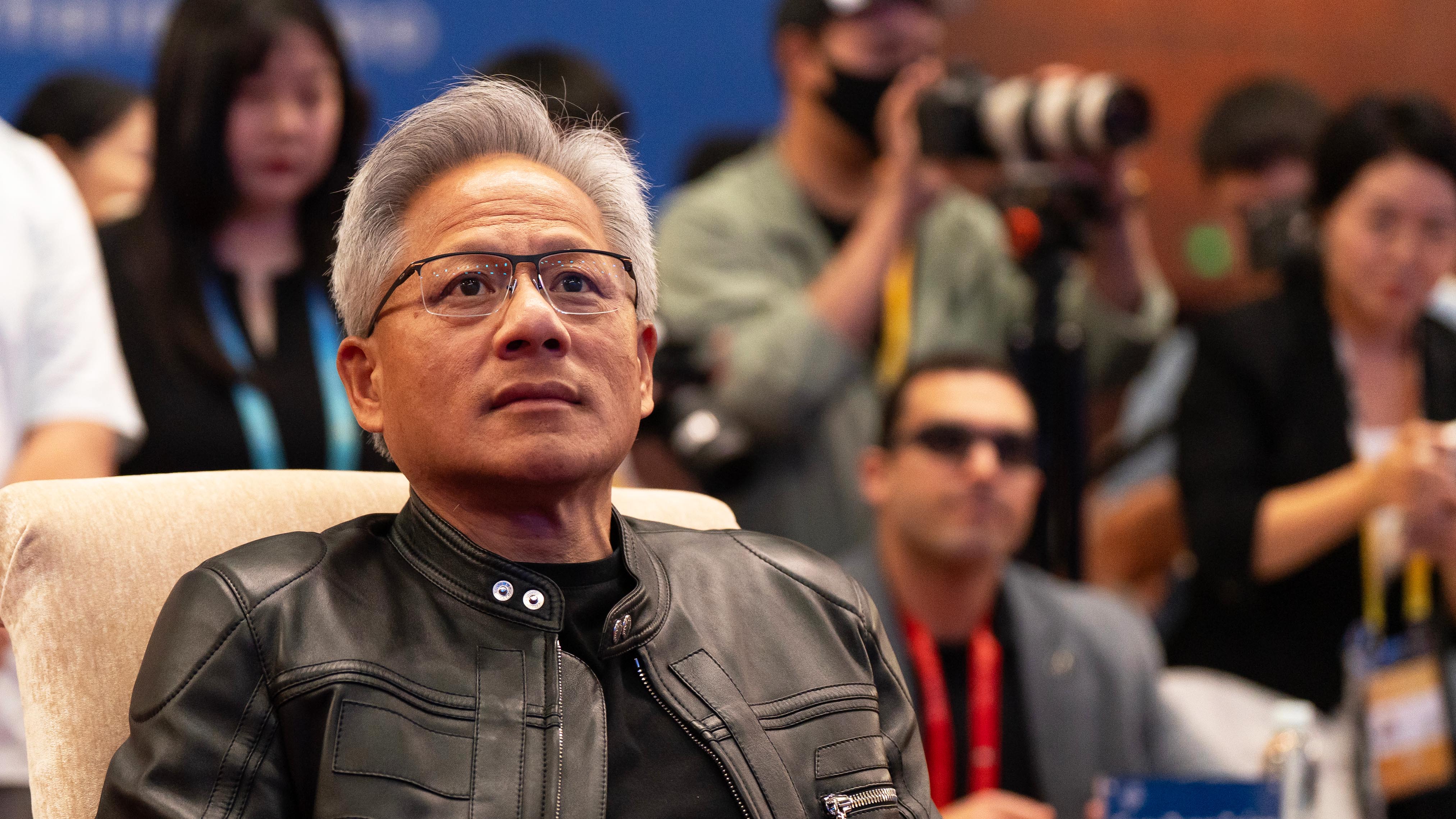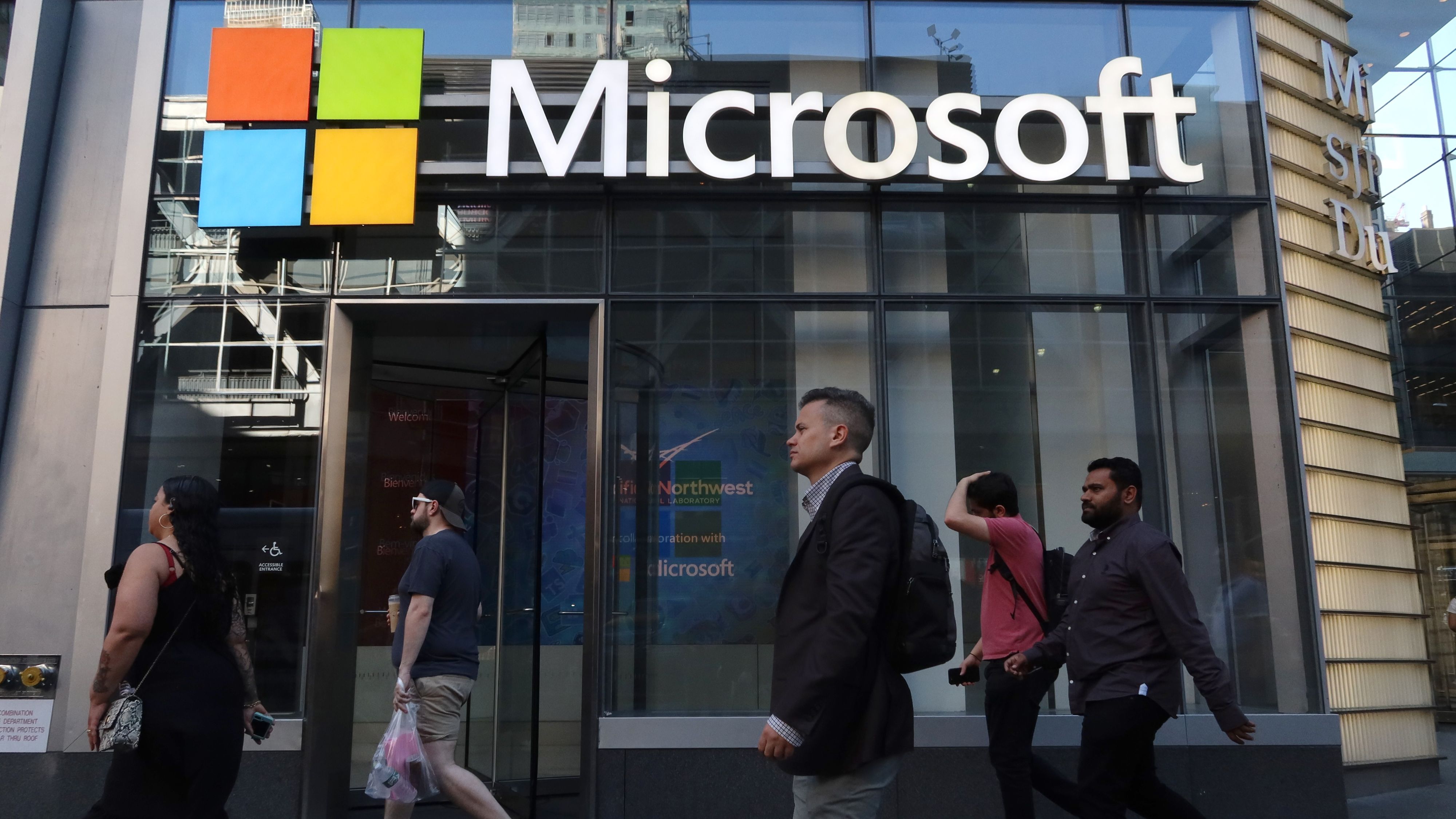
Apart from the existential threat generative AI poses to humanity, the next-gen technology is raising concerns among professionals over their job security. Recently, a damning Microsoft study listed 40 professions that have a high propensity to be augmented using AI, including data scientists, editors, technical writers, telephone operators, and more.
A separate study revealed that 54% of banking jobs can be automated using AI. However, it's unclear if the banking sector will embrace the change, especially with the critical privacy and security issues riddling AI.
Over the past few months, tech leaders have made bold statements about the potential effect AI might have on the job market. For instance, Microsoft co-founder Bill Gates recently indicated that AI will replace humans "for most things".
However, the philanthropic billionaire indicated that we'll have the opportunity to exclusively preserve some tasks for humans. Gates joked that no one would like to watch computers playing baseball, for example.
Perhaps more interestingly, the executive indicated that only 3 professions will survive the AI revolution, including energy experts, biologists, and coders. Gates indicated that these professions are too complex to automate and are heavily reliant on human intervention.
Bill Gates says coding is among the professions that are farthest from automation using AI. He claimed that the profession will remain a 100% human profession, even 100 years from now.
According to Gates, humans will still play an important role in the coding process, including identifying and correcting errors, refining algorithms, and bolstering AI development. He further argued that AI-powered tools can't replicate human creativity and judgment.
Coding might be dead in the water, says NVIDIA

Last year, NVIDIA CEO Jensen Huang indicated that coding might be dead in the water with the prevalence of AI. As such, he recommended alternative career paths like manufacturing, farming, and biology for the next generation. The executive indicated that these jobs are future-proof in an AI-driven world.
Similarly, Amazon Web Services CEO Matt Garman echoed the same sentiments, indicating that the fast adoption of AI in organizations will prompt software developers to stop coding, forcing them to upskill in the field to gain new talents.
It is our job to create computing technology such that nobody has to program. And that the programming language is human, everybody in the world is now a programmer. This is the miracle of artificial intelligence.
Jensen Huang, NVIDIA CEO
Interestingly, the revolution has already started taking shape. At the beginning of this year, Salesforce CEO Marc Benioff indicated that the company is "seriously debating" hiring software engineers in 2025.
And as it seems, the company has integrated AI into its workflow. The executive recently revealed that the technology is already handling 50% of Salesforce's work, citing incredible productivity gains from agentic AIs.

Elsewhere, Anthropic CEO Dario Amodei claims that AI could potentially cut up to 50% of entry-level white-collar jobs, leaving Gen Z out of work. Microsoft's special June Work Trend Index report even revealed that most employees are seemingly trapped in an infinite workday, often forcing them to carry work home with little regard for official work hours.
We, as the producers of this technology, have a duty and an obligation to be honest about what is coming. It's a very strange set of dynamics, where we're saying: 'You should be worried about where the technology we're building is going.
Dario Amodei, Anthropic CEO
Most employees who took part in Microsoft's survey indicated that Sundays often feel like "the new Monday" as they are constantly checking their emails and Microsoft Teams in preparation for the next day.
The report highlighted the importance of AI in such instances and how it can be leveraged to help strike a healthy work-life balance by automating mundane and repetitive tasks using AI.






